Chengdu, a major tech hub in China, initiated its inaugural large-scale real-world validation of smart robots, deploying innovations from 10 domestic enterprises in education, tourism, public security, traffic management and safety guidance scenarios.
Organized by the Chengdu Robot Industry Association, the program marks a strategic push to accelerate industrial development through open application environments.
"Chengdu opens real-world scenarios to cultivate practical smart robots, forging an innovation highland for the industry," said Li Junjie, the association's secretary-general, noting that Chengdu welcomes global enterprises to test robots locally to refine human-centric services.
Robots developed by Chengdu-based AI and robotics firms have been deployed in real-world environments, including a primary school, a downtown pedestrian street, and popular scenic spots in the capital of southwestern Sichuan Province.
At Chengdu Paotongshu Primary School, students interacted with two distinct robot types – the playful "Xiao Zha" wheeled-biped robot by Chengdu Humanoid Robot Innovation Center delivered morning greetings and safety instructions, while TD Tech's quadruped robot patrolled corridors using autonomous navigation to safeguard campus security.
In Chengdu's cultural hubs, advanced robotics are enhancing tourist experiences. Along the downtown Jinli Pedestrian Street, INMO Technology's AR glasses provided real-time translation for international visitors. Meanwhile, at the famous Wuhou Shrine, which is located nearby, a holographic guide engaged visitors with interactive route planning, while AI screens offered multilingual support.
For urban management, equipped with agile limbs and metallic finish, Ultra Magnus – a bipedal robot developed by the Chengdu APLUX Intelligence Technology Co. Ltd. – directed traffic as an automated "officer" at a business district street. Meanwhile, several robot dogs conducted security patrols at the Tianfu Square, the heart of the city.
This initiative aligns with Chengdu's broader strategy to leverage practical applications for technological advancement.
The city released targeted demands that included 22 healthcare robot scenarios in March, unveiling police task lists for robotic solutions such as patrol and traffic management bots on June 5.
These efforts underscore the city's recognition of "scenarios as key drivers of innovation," said Yin Ximing, researcher and chair professor of public administration at the Beijing Institute of Technology.
Chengdu's robotics push contributes to its thriving AI sector, which exceeded 100 billion yuan (about $13.93 billion) in core industry scale in 2024.
The city aims for 130 billion yuan by 2025, targeting 30 percent annual growth to solidify its position as a national hub for AI and smart robot industry.











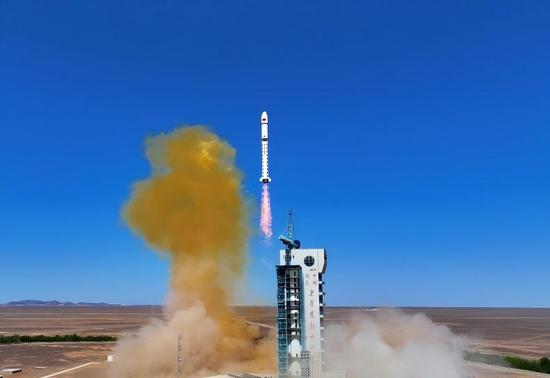

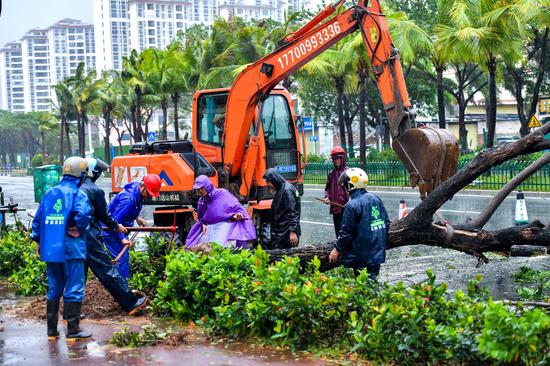
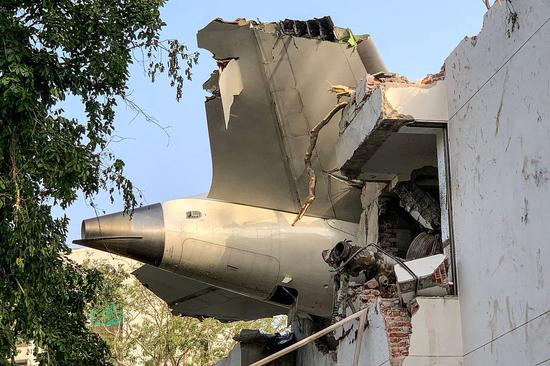

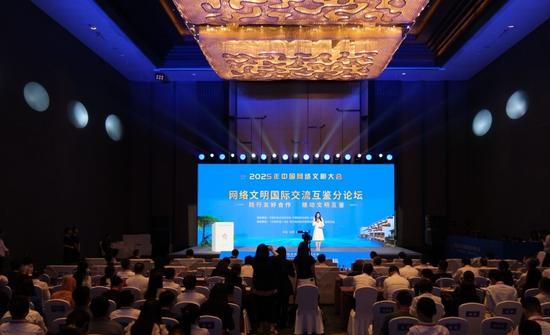









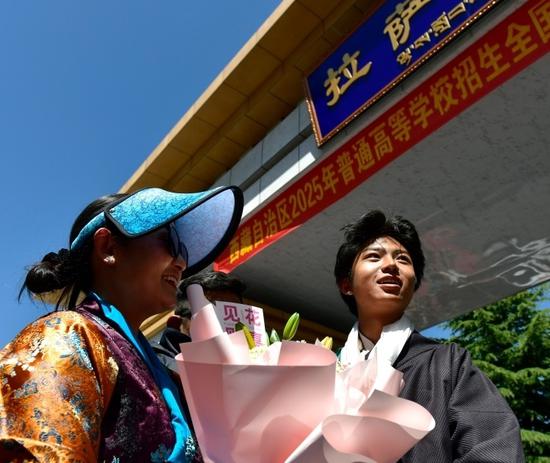








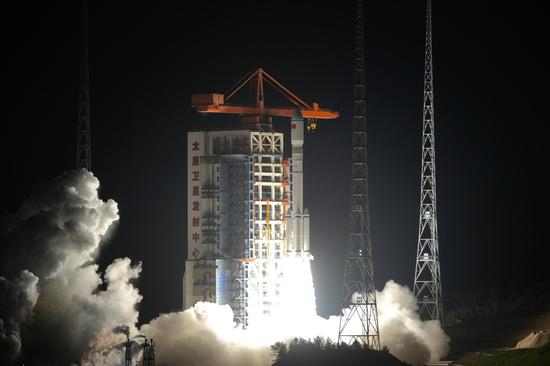



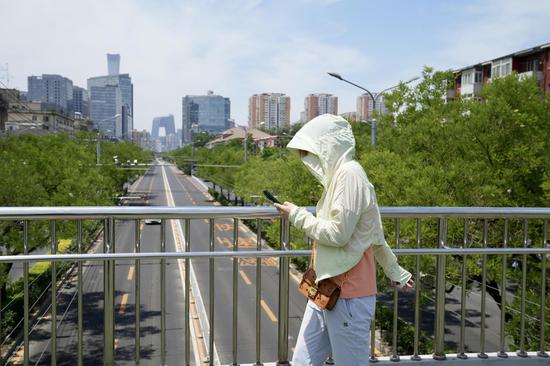






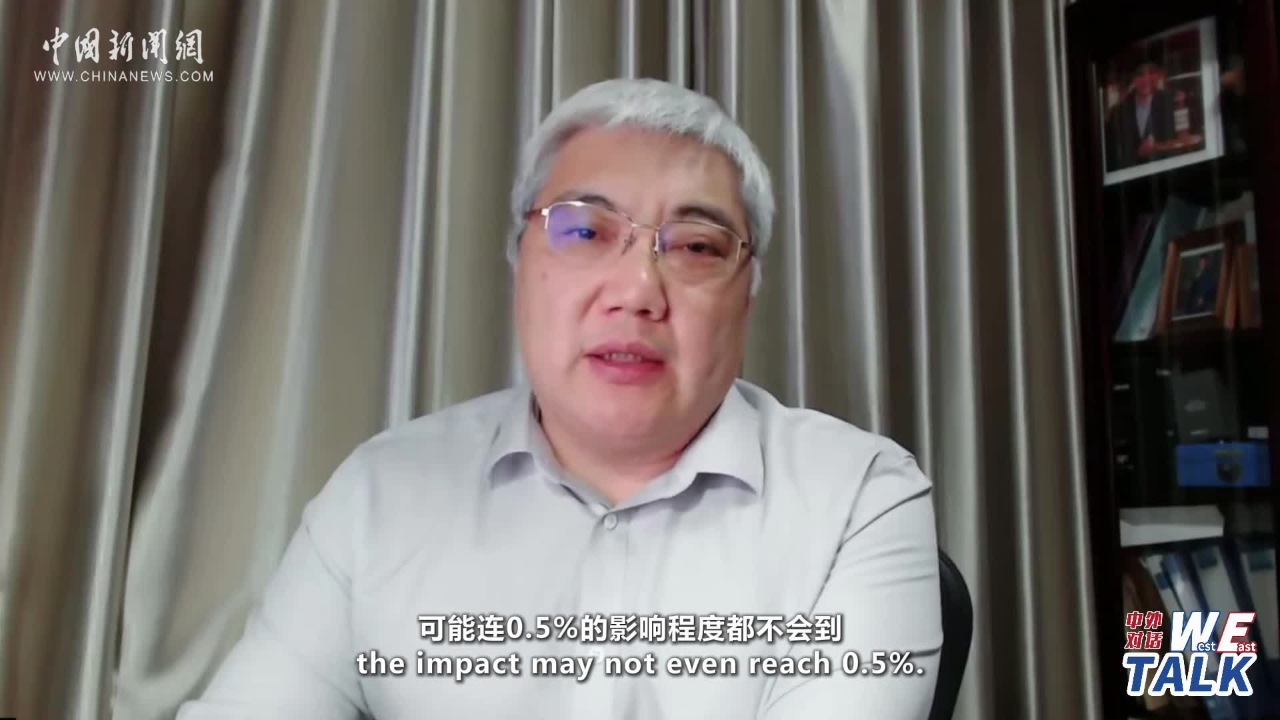



 京公網(wǎng)安備 11010202009201號
京公網(wǎng)安備 11010202009201號